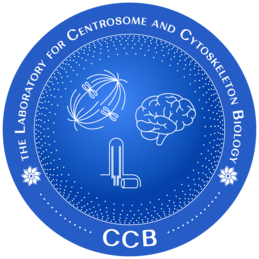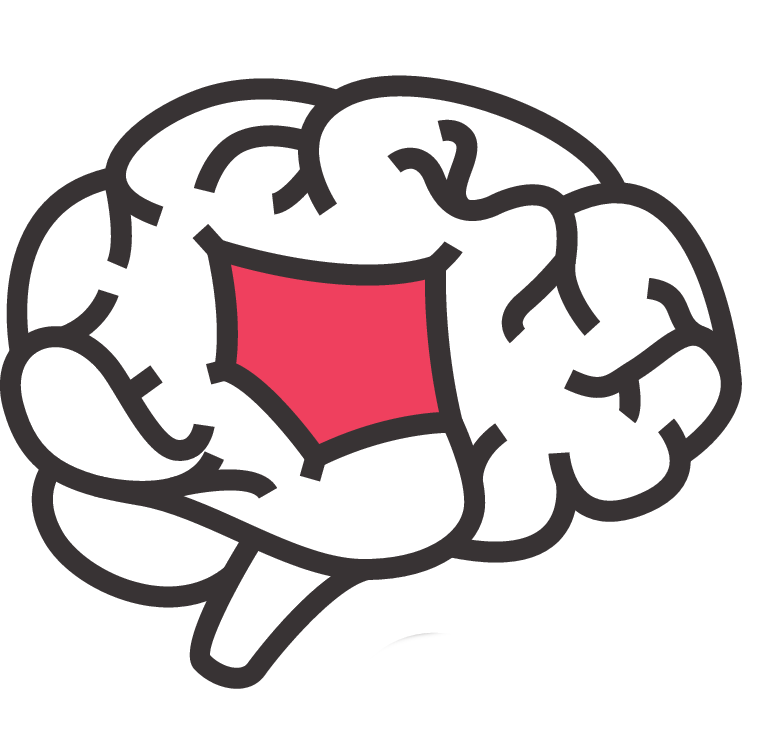Our Concept
"Engineering the tunable biochemical mechanisms of centrosomes and cilia biogenesis and target them in engineered 3D human tissues for clinical application"
Our Research
"I have not failed. I've just found 10,000 ways that won't work"
~ Thomas A. Edison
We are a group of scientists interested in understanding the basic principles of centrosomes and cilia biogenesis. These are critical organelles of life. We engineer the biomolecules of centrosomes and cilia and thus study their functions in the delicate balancing of neural stem cell homeostasis and tumorigenesis.
OUR OVERARCHING QUESTIONS
- How does the human brain develops, and degenerate?
- Can we study these using human brain organoids?
- How do centrosomes and cilia play in these processes?
- Can we target these structures for potential therapeutic?
OUR RESEARCH
Our research focuses on dissecting how centrosomes and cilia function as molecular switches in determining homeostatic control of neural stem cells. We have identified centrosomes and cilia biogenesis principles during the last decade, applying powerful Drosophila genetics combined with genetic engineering and biochemistry.
We now wish to understand how these structures critically regulate neural stem cells' functions in human brain development and degeneration. To this end, first, we bioengineer stem cells to generate self-assembling 3D brain-like tissues of brain organoids.
We use these tissue-engineered brain organoids as a model system to decipher cilia's general rules as a molecular switch in brain development, cell physiology, neurodegeneration, and tumorigenesis, with a particular emphasis on translating basic research into the identification of molecular targets of human diseases.
To image these events, we develop and apply super-resolution imaging tools such as 3D SIM and STED microscopy complemented with electron microscopy
BROAD AREAS OF INTEREST
- Mechanisms and new molecules of centrosome and primary cilium biogenesis
- Cilium dynamics (Cilium checkpoint) regulating neural stem cell maintenance in tissue organization
- Targeting centrosomes and cilia-mediated cellular mechanisms using therapeutic standard small molecules (Via collaboration with Merck KgGA)
- Stem cell and tissue engineering of human brain organoids
- Development of next-generation organoid culturing technologies
- Personalized human brain organoids to model microcephaly due to nonfunctional centrosomes and cilia
- Dissecting the mechanisms of emerging neurotropic viruses affecting the human brain (ZIKV and, SARS-CoV-2)
- Testing the cilium checkpoint as a molecular switch in triggering glioma stem cells to differentiate (i.e., where is the delicate balance between development and tumorigenesis?)
- Bioengineered brain organoids to assay invasion behavior of glioma stem cells (Personalized glioma invasion assays)
IMPACTS
Our research focused on the engineering of biomolecules, stem cells, and tissues will uncover previously unknown neural stem cell maintenance mechanisms in human brain development and tumorigenesis. The application of basic biology and brain organoid systems will model human brain disorders and apply drug discovery programs for human diseases.
WE ARE GENEROUSLY SUPPORTED BY



